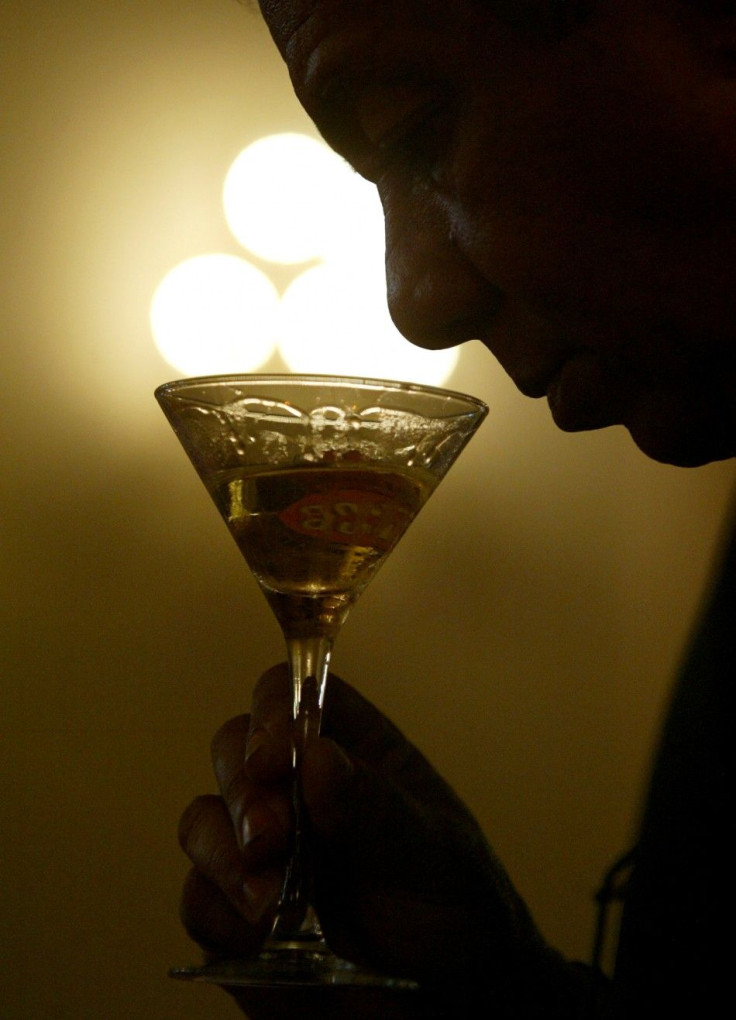Drunk At Westminster? New Alcohol Policy To Curtail MP Drinking At British House Of Commons

The British House of Commons has released a new policy to regulate MPs' alcohol consumption; it will be enforced at Strangers Bar, a Westminster watering hole open to politicians and their guests.
The decision was made by a committee chaired by Commons Speaker John Bercow, who was a member of the Conservative Party. New alcohol policies call for training bar staffers to stop serving patrons who get too drunk, instructing event workers to top up drinks less frequently, and offering a wider array of non-alcoholic drinks and weak beers.
The Commission takes its responsibility for the welfare of those who work on the Commons Estate very seriously, said the policy document.
The drinking habits of parliamentary politicians became a public issue on February 22 of this year. Labour MP Eric Joyce, representing Falkirk, Scotland, drunkenly assaulted Conservative MP Stuart Andrew and lashed out at several others at Strangers Bar. When police came to arrest him, Joyce cried out: You can't touch me, I'm an MP.
Joyce, 51, pleaded guilty to the assault and was sentenced by the courts on March 9. He was ordered to pay fines and compensation fees amounting to £4,400. He was also banned from all liquor-serving establishments for three months.
Clearly it's a matter of considerable personal shame, what happened a couple of weeks ago, he told reporters on the day of his sentencing. I've been duly punished today. I've been lucky to avoid prison, frankly... I'm particularly apologetic to the people who were so badly affected on the evening, to my constituents, my family, of course, and all the other people who were involved and clearly that's a long list and a significant litany of sins.
Joyce resigned from the Labour Party but will continue serving as an independent MP until his term ends in 2015. He will not seek reelection.
Joyce's downfall is the sort of incident Speaker Bercow hopes to avoid in the future. But can he really change time-honored social behaviors in the House of Commons?
There is a long tradition of heavy drinking among British representatives, according to BBC News political correspondent Ben Wright, who is composing a book about the history of booze in politics.
Over the years successive Speakers have battled to bring order to a late-night Commons chamber filled with boisterous, boozy MPs, he wrote. But it's not all convivial bonhomie. Drink has killed off the careers of prominent politicians... and has caused the deaths of several MPs.
That was the culture up until the early 1990s. But today, politicians actually drink less than they ever did before, explains Wright. Politicians I've spoken to in researching my book say it's [due] to shorter working days, fewer late-night sittings, more women in Parliament and greater awareness of the damage drink can do, he said.
In that context, Speaker Bercow's new policy plays into a trend: drunkenness is already on the decline at Westminster. Joyce's boozy assault made headlines not because it was telling, but because it was rare.
There was a time when a drunk MP would not have been newsworthy, when the masonic understanding between political journalists and their parliamentary contacts could have kept it quiet, said Wright. Not today.
© Copyright IBTimes 2024. All rights reserved.












